News and helpful articles about oral health


How to make brushing teeth fun for kids
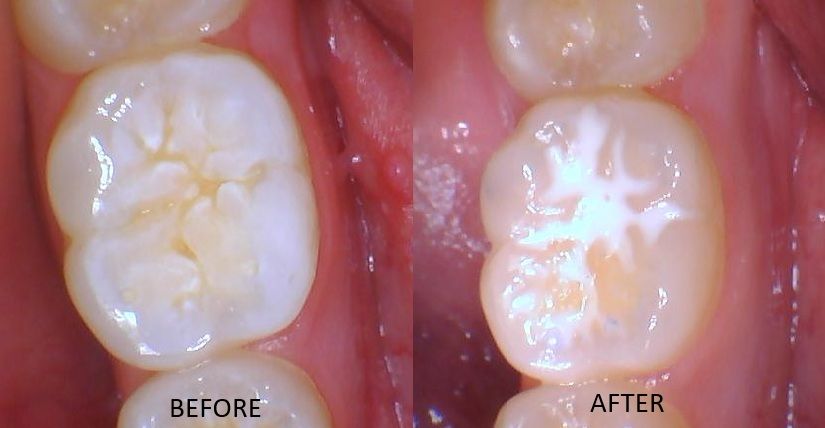
Fissure Sealants: Protecting Your Child’s Teeth from Decay
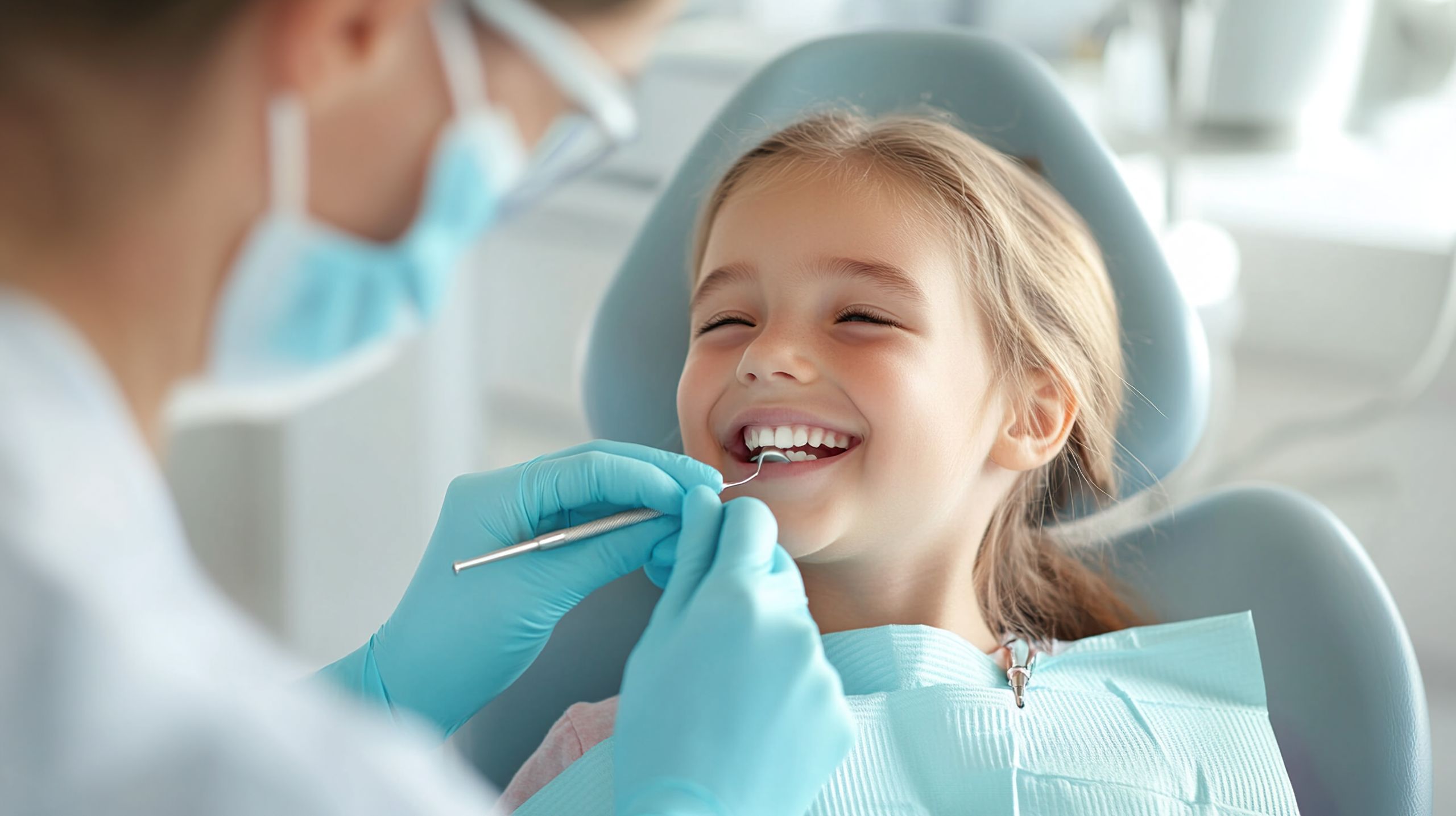
Why Baby Teeth Are So Important and How to Look After Them

How to Care for Your Braces: Tips for Keeping Your Braces Clean and Comfortable
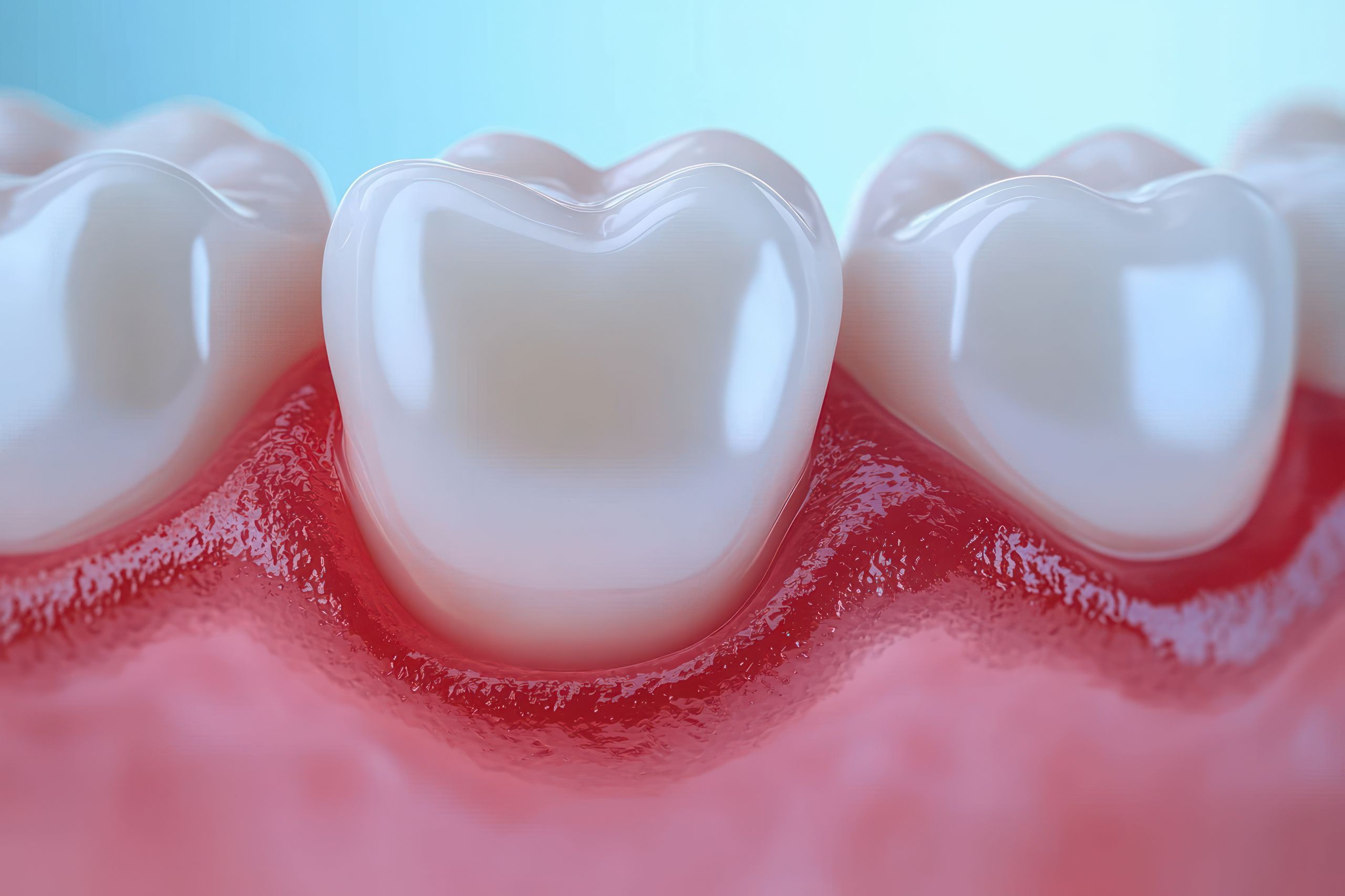
How to Prevent Gum Disease: Simple Habits for Healthy Gums
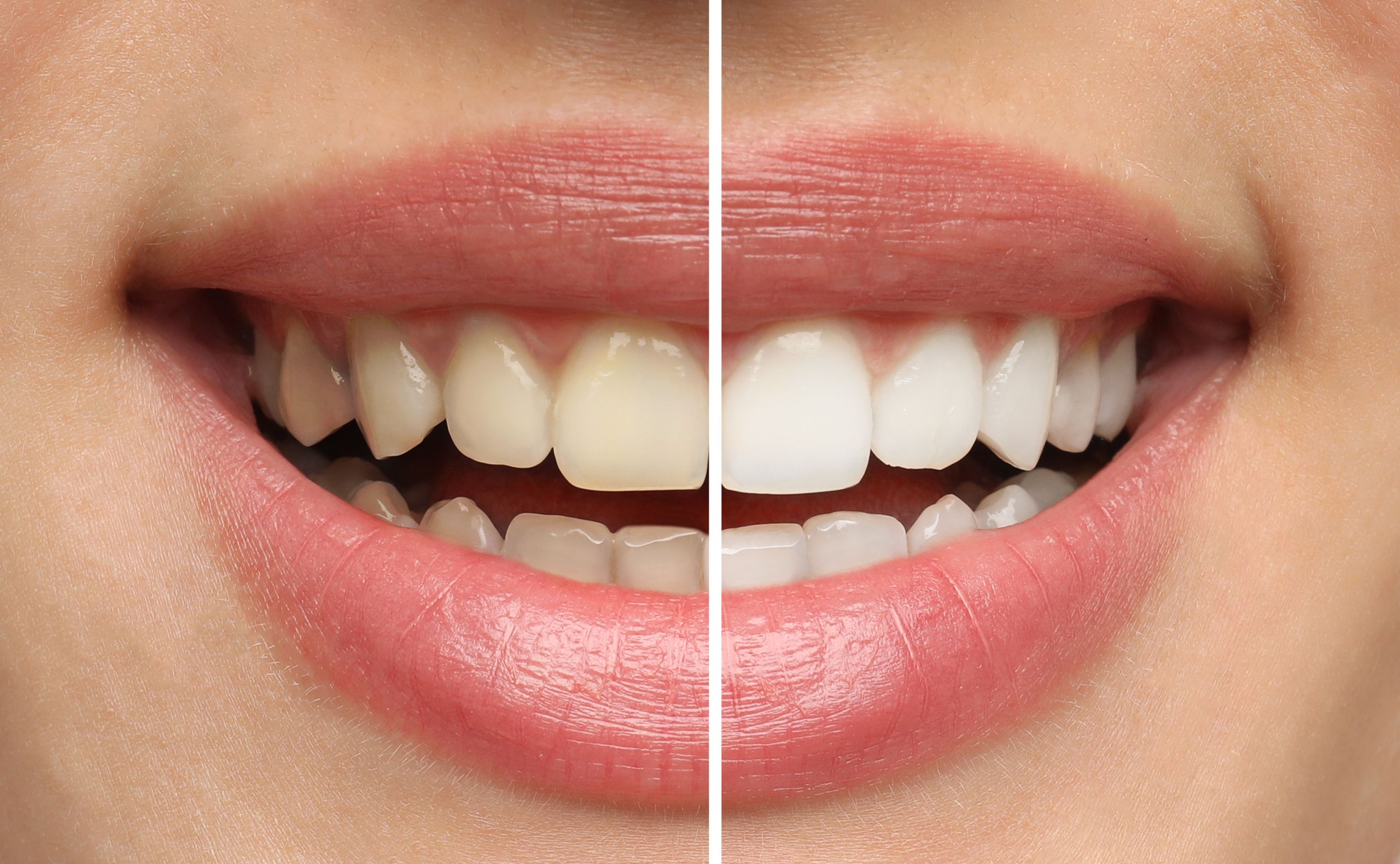
Teeth Whitening: What You Need to Know Before You Start
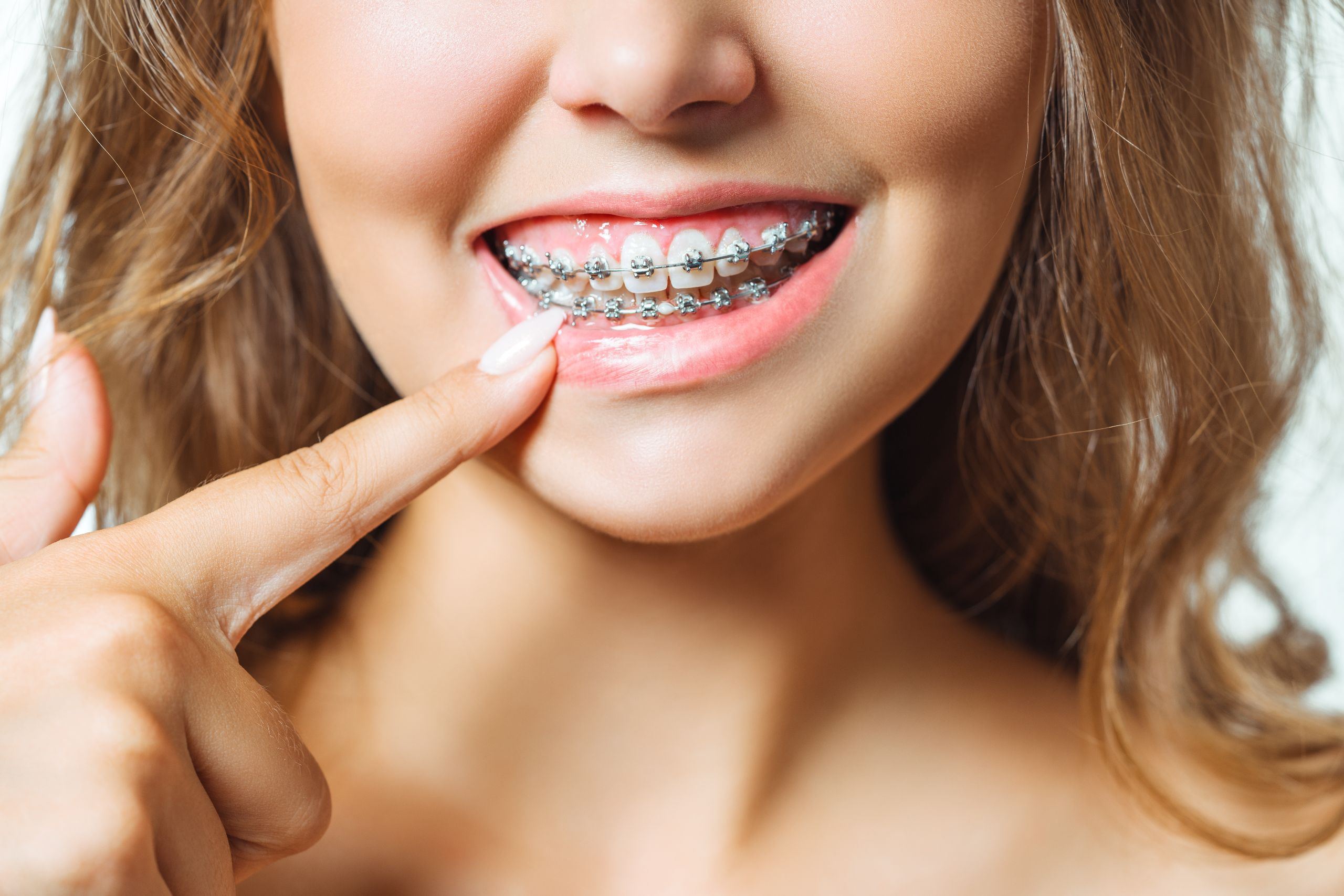
5 Myths About Braces You Should Stop Believing

Foods to Avoid for Better Oral Health

Benefits of early Orthodontic treatment for Children
Wearing braces is an important step toward achieving a straighter, healthier smile, but proper care is key to ensuring your treatment goes smoothly. Braces not only move your teeth into alignment, but they also create additional nooks and crannies where food and plaque can accumulate. Without careful attention, this can lead to tooth decay, gum irritation, and prolonged treatment times. Here are our top tips for keeping your braces clean and comfortable throughout your orthodontic journey.
Brushing your teeth after every meal is essential when you have braces. Use a soft-bristled toothbrush or an orthodontic toothbrush specifically designed for braces. Angle the brush at a 45-degree angle to clean around the brackets and wires, and don’t forget to gently brush your gums and tongue. Electric toothbrushes with small, rounded heads can make this task easier and more effective.
Flossing can be tricky with braces, but it’s crucial for preventing plaque buildup between teeth. Consider using a floss threader, which helps guide the floss under the wires, or opt for orthodontic-specific flossers. Water flossers are another excellent option, as they can flush out food particles and plaque from hard-to-reach areas, keeping your gums healthy.
Certain foods can damage braces or get stuck in the brackets and wires. Hard, sticky, or chewy foods—like nuts, caramel, popcorn, and chewing gum—should be avoided. Cutting fruits and vegetables into small pieces and choosing braces-friendly snacks can protect your brackets and wires while still maintaining a healthy diet.
If you play contact sports, always wear a mouthguard. Braces can increase the risk of mouth injuries during physical activity. Custom-fitted mouthguards designed for braces provide the best protection and comfort.
It’s normal to feel some soreness when braces are first applied or after adjustments. Rinsing with warm saltwater or taking over-the-counter pain relief as recommended by your dentist can help ease discomfort. Orthodontic wax can also be applied to any brackets or wires that irritate the inside of your cheeks or lips.
Routine visits to your orthodontist or dentist are crucial for monitoring progress and making any necessary adjustments. These appointments also give your dental team the opportunity to clean areas you may have missed and ensure your braces are functioning correctly.
Consistency is key to a successful braces journey. Diligent oral hygiene, careful eating habits, and regular dental visits all contribute to not only a beautiful smile but also a healthy one. By establishing these habits early, you can avoid setbacks and achieve the best possible results from your orthodontic treatment.
Conclusion:
Caring for your braces doesn’t have to be complicated. By following these simple tips and maintaining a consistent oral hygiene routine, you can keep your braces clean, prevent discomfort, and ensure a smooth path to your perfect smile. At Wallacia Dental, our orthodontically trained dentists are here to guide you every step of the way.
What our clients have to say